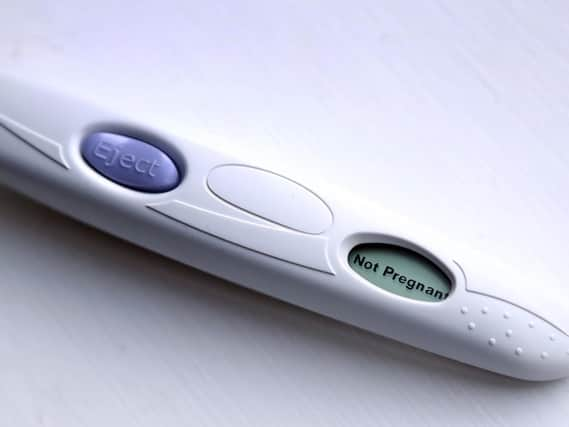Drop in women seeking emergency contraception in Lancashire


The British Pregnancy Advisory Service says lifestyle changes among younger women could be driving down demand for the morning-after pill across England.
But the decline may suggest those who do need emergency contraception are finding it harder to access after deep cuts to services, the charity warns.
Advertisement
Hide AdAdvertisement
Hide AdAround 1,640 emergency contraceptives were provided to women in Lancashire by sexual and reproductive health (SRH) services in 2019-20, NHS Digital data shows.
This was down from 1,845 the previous year, and 2,190 in 2014-15, when local figures were first published.
Emergency contraception can be the morning-after pill or an intrauterine device – often called the coil, which is inserted into the womb to stop the egg developing.
The figures cover services including family planning and community contraception clinics, and young people’s advice centres, and are rounded to the nearest five for confidentiality.
Advertisement
Hide AdAdvertisement
Hide AdAbout 130 items were provided to under-16s in Lancashire last year, down from 165 in 2018-19.
Across England, around 4,300 items were given to the age group – nine per cent fewer than the previous year and down 74 per cent from 2009-10.
Katherine O’Brien, associate director of campaigns at BPAS, said the sharp national drop among younger women in recent years could be down to lifestyle trends.
She said: “Our research has found that teenagers’ patterns of social interaction – often with their families, often online, combined with lower levels of alcohol intake – may be impacting on their likelihood of engaging in sexual activity, and therefore their need to access emergency contraception.”
Advertisement
Hide AdAdvertisement
Hide AdYounger people are also focused on their education, aware of economic challenges, and value responsibility and maturity when it comes to alcohol consumption and sex, the report found.
Nationally, 78,300 emergency contraception items were given to women of all ages last year – a 14 per cent year-on-year drop and 45 per cent fewer than a decade previously.
NHS Digital cautions that the figures do not represent all ways to access contraception, as it excludes services provided by hospital out-patient clinics, GPs, and pharmacies.
National figures by the body show a similar drop in the number of emergency contraception items provided “in the community”, which includes pharmacists and GPs.
Advertisement
Hide AdAdvertisement
Hide AdMs O’Brien said the overall decline seen in SRH services reflects the barriers women face when trying to access emergency contraception.
She said it was no coincidence that the decrease was accompanied by “deep funding cuts”, which have led to some services closing altogether, reduced opening hours, and restrictions on who can use services.
According to research by BPAS, the mandatory consultation required to buy emergency contraception in pharmacies is also a “real barrier to access” – a situation made worse by the pandemic as sales fell sharply at the start of lockdown.
Ms O’Brien added: “Taken together these figures present a truly worrying picture of emergency contraceptive provision, suggesting that women are finding it harder and harder to obtain it. We urgently need action to rectify this.”